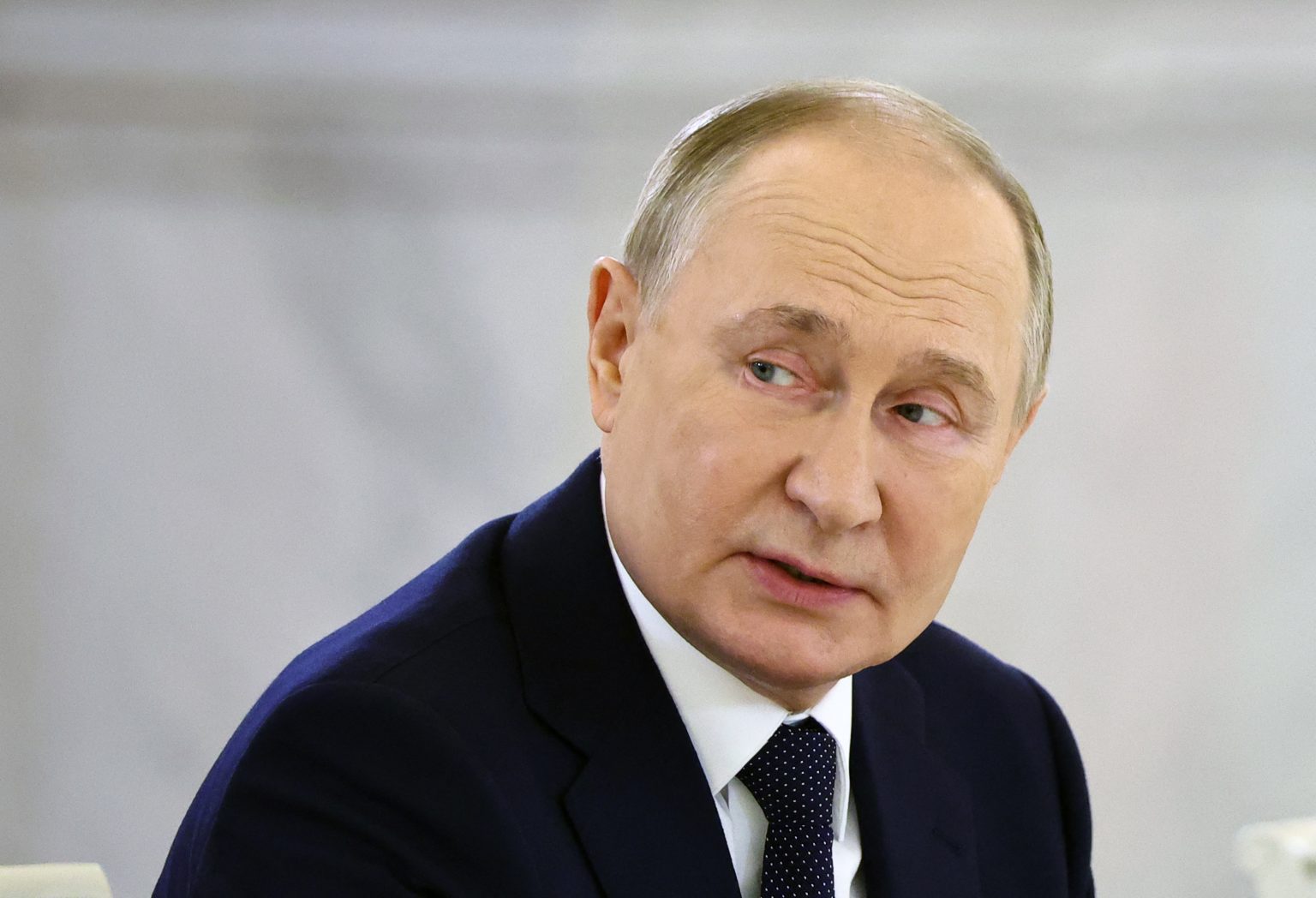A recent poll conducted by independent pollster Chronicles revealed that while most Russians claim to support President Vladimir Putin, they do not actually back his foreign policy actions. The survey, which involved 800 respondents with a margin of error of 3.45 percent, found that less than one-sixth of those who approved of Putin supported his foreign policy decisions, including the ongoing “special military operation” in Ukraine and his anti-Western rhetoric. Chronicles, founded by Russian opposition politician Aleksei Miniailo and a team of sociologists, aims to provide a more accurate reflection of public opinion by asking a series of questions.
Despite the majority of respondents expressing approval for Putin’s leadership in national polls, only 14 percent of those who supported him agreed with his foreign policy stances. The survey revealed that many Russians feel pressured to conform to what is deemed a normative patriotic position created by the state, rather than genuinely supporting their leader’s actions. Miniailo noted that in authoritarian regimes like Russia, citizens do not have the power to change their government as they might in a democracy, leading to a disconnect between public opinion and official policies.
Among those who approved of Putin, a significant percentage expressed a desire for a peace treaty with Ukraine, mutual concessions, and the restoration of ties with Western countries. This indicates a divergence between popular sentiment and the actual actions of the Russian government, particularly in relation to foreign policy. A substantial majority of supporters prioritized addressing domestic social and economic issues over military spending and geopolitical confrontations, highlighting a widespread desire for internal stability and prosperity.
Conversely, the majority of those who disapproved of Putin’s leadership echoed similar sentiments, emphasizing the need for the government to focus on domestic issues and foster diplomatic relations with Ukraine and Western nations. The discrepancy between public opinion and official policies underscores the challenges of dissent in an authoritarian system where the government wields significant control over public discourse and decision-making. Despite Putin’s rhetoric about improving conditions within Russia, the allocation of resources towards military endeavors suggests a prioritization of foreign policy objectives over domestic welfare.
The poll’s findings reflect a nuanced perspective on Russian attitudes towards their leader’s actions, revealing a complex interplay between public sentiment, state propaganda, and political reality. While the majority may outwardly express support for Putin, a significant portion of the population diverges on key policy issues, particularly in the realm of foreign relations. The discrepancy between popular will and government actions underscores the limitations of dissent in an authoritarian regime, where alternative viewpoints struggle to gain traction against an official narrative. It remains to be seen how these divergent perspectives will shape Russia’s future trajectory under Putin’s leadership.








